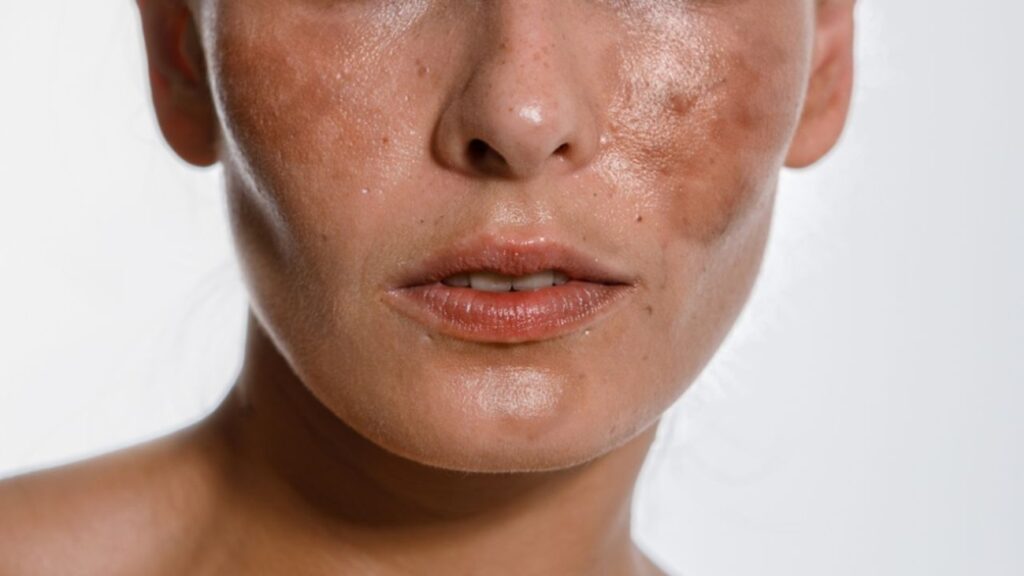The Impact of Stress on Skin Health: Understanding the Mind-Skin Connection

Stress has become an inherent part of modern life, and its impact extends beyond our mental well-being. Research has shown that stress can significantly affect our physical health, including the condition of our skin. In this article, we will delve into the complex relationship between stress and skin health, exploring the underlying mechanisms, common skin conditions associated with stress, and effective strategies for managing stress-induced skin problems.
The Mind-Skin Connection:
The mind-skin connection refers to the intricate interplay between our emotional state and the health of our skin. Stress triggers a cascade of physiological responses in the body, including the release of stress hormones like cortisol. These hormonal changes can disrupt the delicate balance of our skin, leading to various skin issues.
Skin Conditions Associated with Stress:
Acne: Stress can exacerbate acne breakouts by increasing sebum production and inflammation. It can also disrupt the skin’s natural healing process, leading to prolonged healing time for acne lesions.
Eczema and Psoriasis: Stress can trigger or worsen flare-ups of chronic skin conditions like eczema and psoriasis. It can cause inflammation, itching, and discomfort, further compromising the skin barrier function.
Hives and Rashes: Stress-induced release of histamines can lead to the development of hives or stress rashes. These often appear as itchy, red welts on the skin and can be triggered by emotional stress.
Premature Aging: Chronic stress can accelerate the aging process, resulting in the appearance of fine lines, wrinkles, and dull skin. Stress hormones can impair collagen production and damage the skin’s natural defense mechanisms.
Managing Stress-Induced Skin Problems:
Stress Reduction Techniques: Implement stress management techniques such as meditation, deep breathing exercises, yoga, or engaging in hobbies to help reduce overall stress levels. These practices can promote relaxation and improve skin health.
Skincare Routine: Establishing a consistent skincare routine tailored to your skin type can provide a sense of self-care and improve skin health. Cleanse, moisturize, and protect your skin with sunscreen to maintain a healthy skin barrier.
Regular Exercise: Engaging in regular physical activity helps reduce stress levels and promotes circulation, which benefits the skin. Exercise also releases endorphins, which are natural mood-boosting chemicals.
Adequate Sleep: Prioritize quality sleep to allow your body to repair and rejuvenate. Lack of sleep can contribute to increased stress levels and negatively impact skin health.
Healthy Lifestyle: Maintain a balanced diet rich in antioxidants, vitamins, and minerals. Avoid excessive alcohol consumption and smoking, as these can exacerbate skin problems associated with stress.
Seek Support: If stress becomes overwhelming and begins to impact your daily life and skin health significantly, consider seeking professional help from a therapist or counselor. They can provide guidance and support in managing stress and its effects.